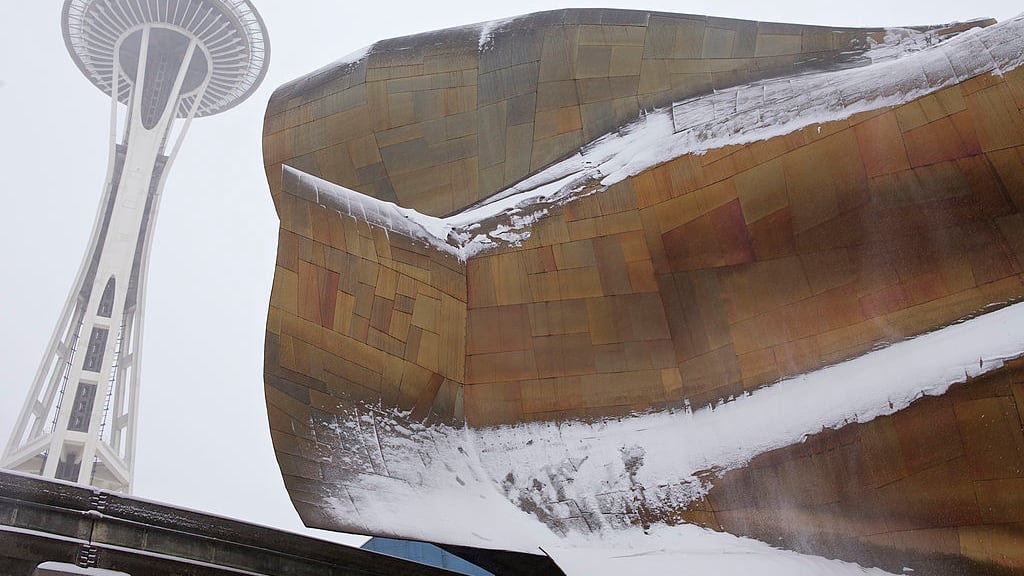SEATTLE — Bad news for Seattleites holding their breath for a White Christmas, with the latest data projecting warmer than average temperatures for the holiday.
While the odds of a White Christmas in the lowlands (including Seattle) is less than 10% in any typical year, weather patterns emerging are suggesting an even lower chance this year. For it to be cold enough for significant lowland snow around Christmas, we need strong and cold high pressure to set up in Canada east of the Cascades. If this very cold air can get “squeezed” east of the Cascade passes and down the Fraser River valley of British Columbia, then we also need some Pacific moisture to be thrown into the mix as well.
This Christmas, the early outlooks and forecast data point to temperatures across Canada and east of the Cascades to generally be warmer than usual.
Long-range forecast models point toward near or somewhat above-average temperatures for the region around Christmas. Normal high temperatures are in the mid 40s and morning lows are in the 30s. Some of the very early data suggest daytime highs around the holiday have a better chance of being closer to 50 degrees, with morning lows in the upper 30s or lower 40s.
Not only is there unlikely to be an area of very cold Canadian air to tap through the holidays, but our Pacific waters are running warmer than average too. Just being next to that warmer water suggests we will wind up a little warmer than average as well.
Remember that long-range outlooks aren’t a firm forecast just yet, and things can change, but for those wanting a White Christmas, you might well have to drive into the mountains to see snow this holiday season.
Historically, Sea-Tac (where weather records for the Seattle area are tracked) saw its snowiest Christmas Day ever in 1909 at 1.8 inches. The full list:
- 1909: 1.8 inches
- 1915: 0.4 inches
- 1944: 0.2 inches
- 1965: 1.0 inches
- 1990: 0.8 inches
- 2007: 0.9 inches
- 2008: 0.4 inches
- 2017: 1.6 inches
©2023 Cox Media Group








